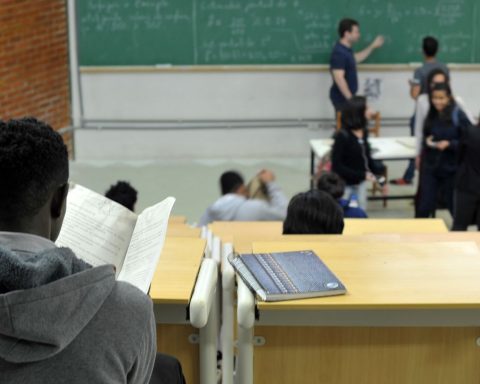With the potential to release BRL 108.4 billion in federal spending next year, the constitutional amendment that allowed the payment of precatório payments (government debts definitively recognized by the Courts) represented the main change in public accounts in 2022. The original text was promulgated in two stages, one on December 8th, with the points approved by the Chamber and the Senate, and another on the 16th, with the articles altered by the Senate and voted on again by the deputies.
Fiscal space will come from two important sources. The first is to change the formula for calculating the federal spending ceiling. Until now, the annual limits were corrected by the official inflation by the Extended National Consumer Price Index (IPCA) accumulated between July of two years ago and June of the previous year.
With the change, the ceiling will now consider the effective IPCA for the first six months of the year and inflation projections for the final six months of the year. With inflation on the rise in 2021, the new calculation formula releases BRL 64.9 billion in next year’s Budget, according to a technical note from the Chamber of Deputies.
Approved without changes by the Senate, the change in the spending ceiling made up the first part of the PEC enacted by Congress on the last 8th. , social security and social assistance, which includes Auxílio Brasil of R$400. Part of these expenses will cover the correction of retirement and pensions, which are higher than initially foreseen due to high inflation.
The second part of the PEC, which dealt with the installment payment of precatório, was altered by the Senate and returned to the Chamber. This part of the text released BRL 43.56 billion in large debts that had their payment postponed. Of this total, BRL 39.48 billion are within the spending ceiling and linked to social security and Auxílio Brasil, and BRL 4.08 billion are outside the ceiling, without any restrictions, according to the substitute approved by the Senate.
Installment
With the constitutional amendment, court orders will obey the following payment order:
– requisitions of small value (RPV), precatory of up to 60 minimum wages for the Union (R$ 66 thousand in 2021 values);
– food court orders (salaries, indemnities or social security benefits) up to three times the RPV whose holders, originating or by hereditary succession, are over 60 years of age, or have a serious illness or people with disabilities;
– other food court orders up to three times the RPV;
– other food court orders in addition to three times the RPV;
– other court orders.
Fundef
One of the main points of negotiation concerns the precatories of the former Fund for the Maintenance and Development of Elementary Education and the Valorization of Teaching (Fundef). According to the text, debts related to this program will be outside the spending ceiling and the annual payment limit for court orders.
Fundef court orders will always be paid in three annual installments from the date of issuance: 40% in the first year, 30% in the second year and 30% in the third year. In this way, the debts that would mature in 2022 will be paid in 2022, 2023 and 2024. States and municipalities must apply 60% of the resources obtained with the Fundef precatories in the form of allowances to teaching professionals, active and inactive, without the incorporation in salaries, pensions and pensions.
Deadline
Instead of 2036, the date of the end of the expenditure ceiling tax regime, the approved PEC determines the application of the payment in installments of court orders until 2026. As a general rule, the total of court orders payable in each year will be corrected by the IPCA of the previous year, including unpaid balances. From this total, small value requisitions (up to 60 minimum wages in the case of the Union), which do not enter the ceiling, will be discounted.
Discount
The creditor of precatório not included in the budget may choose to receive it in a single installment until the end of the following year if they accept a 40% discount through agreement in conciliation courts.
Next year, amounts not included in the budget will be supported by additional credits opened in 2022. The changes are mainly valid for the Union, but some rules also apply to other federated entities, which continue with a special discharge regime until 2024, as per Constitutional Amendment 99 of 2017.
*With information from the Chamber and Senate agencies.
**Title changed to correct information. The already enacted PEC becomes a Constitutional Amendment.

















